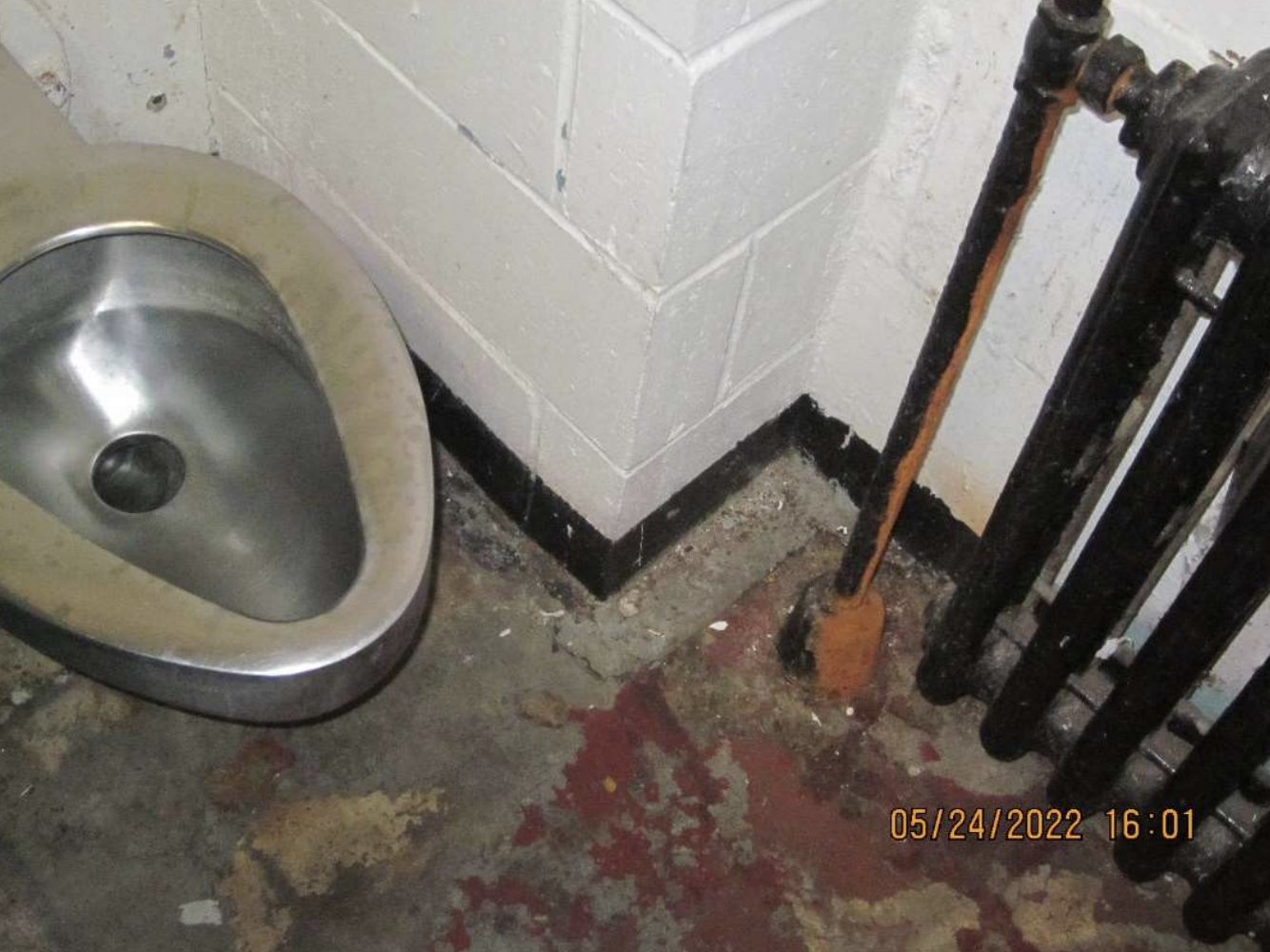Council blasts DOC for ignoring Rikers detainee complaints
/City Councilmember and Chair of the Committee on Criminal Justice Sandy Nurse criticized the Department of Correction’s detainee grievance process during a hearing last week.File photo by John McCarten/NYC Council Media Unit
By Jacob Kaye
Missed medical appointments, alleged sexual harassment and abuse, dirty cells and frequent violence – detainees on Rikers Island have had a lot to complain about.
However, the city’s Department of Correction appears to rarely listen.
Lawmakers in the City Council slammed top officials with the DOC last week during a hearing on the agency’s detainee grievance process, which they say doesn't often result in a resolution.
Led by Councilmember Sandy Nurse, who chairs the council’s Committee on Criminal Justice, lawmakers said that the DOC’s cumbersome grievance processes and poor reporting practices have resulted not only in an unclear picture as to what complaints are resolved and which are not, but also a system in which detainee complaints rarely get redressed.
According to Nurse, less than one in five complaints made by detainees on Rikers Island over the past four years saw a resolution.
During that time, less than 15 percent of all grievances filed by detainees or by an attorney, family member or friend on behalf of a detainee did not reach a formal resolution.
And that number is even worse this year. So far in 2024, only one of over 9,100 grievances was resolved at the “formal level.”
“There's some kind of breakdown here in the system,” Nurse said during the hearing, adding that the DOC’s process for addressing grievances was so poor that they don’t actually have a grievance process, “just an exhaustive forms situation.”
“In design and practice the DOC’s grievance process leaves many vulnerable individuals who have not been convicted of a crime to suffer in an isolated environment without an adequate opportunity to have their voice heard,” the councilmember added.
Not only are complaints allegedly going unaddressed, but the grievance processes’ inefficiencies are coming at a time when complaints are on the rise.
The number of complaints filed per 100 detainees has nearly doubled in the last four years, Nurse said.
According to the councilmember, detainee complaints about food, the facilities on Rikers Island, their access to medical care, alleged instances of sexual harassment and assault and their access to clean clothing equally go unaddressed.
“Clearly, there's been a breakdown,” Nurse said.
on Rikers island rarely have complaints addressed, lawmakers claim. Eagle file photo by Jacob Kaye
The DOC divides detainee complaints into two categories – “grievable” and “non-grievable.”
The grievable complaints often relate to operations on Rikers Island run by the DOC, including programming and facilities issues.
Non-grievable complaints include those regarding medical appointments – healthcare on Rikers Island is run by Correctional Health Services, a division of the city’s hospital system – or cases of sexual assault.
Nurse said that having the two separate categories for complaints meant that detainees were often confused by who was handling their complaint and what further action they may have needed to take. She said it also meant that the DOC didn’t have a complete picture of the complaints because of the multiple processes.
The City Council hearing last week came after a recent report from Gothamist that found that a bulk lawsuits filed last year under the state’s Adult Survivors Act related to sexual abuse allegations on Rikers Island.
In all, 700 lawsuits were filed against the DOC alleging that detainees had been sexually harassed or abused while in DOC custody.
“The details of these hard allegations are pretty horrific and many of the lawsuits claim that jail officials knew these allegations and assaults were occurring on their watch,” Nurse said. “This is why we're having this hearing and this is why opportunities to safely file a grievance are so important.”
Though DOC officials defended the agency’s grievance process throughout the hearing, Assistant Commissioner Jonathan Levine said that the agency shares the “concern that the jails should be safe.”
“Any form of behavior involving sexual misconduct, sexual harassment and sexual abuse is unacceptable,” Levine said.
Detainee complaints about the dirty conditions on Rikers Island rarely get resolved, according to the City Council. File photo via the Legal Aid Society
Natalie Fiorenzo, a corrections specialist with New York County Defender Services, told lawmakers that simplifying the grievance process and eliminating the “non-grievable” complaint category is a necessary first step toward reforming the grievance process.
“The whole system needs to be fixed in its entirety because as it stands now, people are going through this with no answer,” Fiorenzo said.
The same idea was echoed by Barbie Melendez, director of public accountability and oversight for the Board of Corrections, who said that the DOC needs to do a better job at keeping track of the types of complaints made by detainees.
“They're treating grievances like individual incidents, instead of part of a bigger picture to prevent the grievances from continuing to be called in,” Melendez said.






